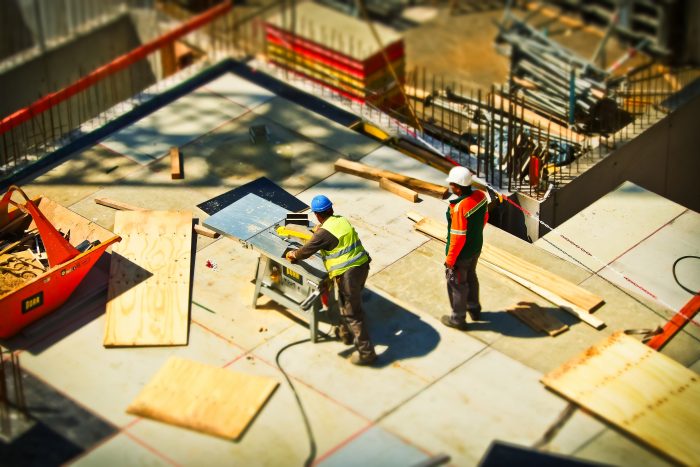If you are a contractor working within the construction industry, you will likely be familiar with the government’s Construction Industry Scheme (CIS).
Contractors are required to register for CIS if they pay subcontractors to carry out construction work, whether as a sole trader, partnership or under their own limited company. Said contractors are required to deduct money from payments to a subcontractor, which are subsequently paid towards HMRC as part of the subcontractor’s tax and National Insurance contributions.
Subcontractors should also register under the scheme, this is not a requirement, however, deductions will be taken at a higher rate if they are not registered with CIS.
Throughout our time in business we have found that CIS contractors, while they have a fairly good grasp of the scheme itself, are missing some vital snippets of knowledge that can make a significant impact on their career under the scheme. Below we will take a look at four things that CIS contractors must know.

Exceptions to CIS
Whilst CIS covers the majority of work within the construction sector such as laying foundations, building work, alterations, decorating, heating installation, lighting, power, etc., there are a number of exceptions. These exceptions include architecture, delivering materials, making construction materials, site facilities and scaffolding hire (when no labour is included). A full list of what is and isn’t included in the scheme can be found on the government website.
IR35 for CIS contractors
Contractors working in the public sector will have already been impacted by IR35 reforms, and come April 2020, these changes will come into force for those working in the private sector. For contractors who operate under their own limited company, these reforms mean that the responsibility for determining IR35 status will move to the end client or agency. For CIS contractors this means that they will need to be fully aware of the details of a particular contract, as it could mean the difference between being inside or outside of IR35, and will therefore impact their take home pay.
VAT Reverse Charge
The VAT Reverse Charge will directly affect the construction industry. With an implementation date of October 2019 recently delayed by 12 months to 2020, contractors now have ample time to prepare for how this will impact their current invoicing procedures, but it is essential that this preparation begins now if they haven’t already done so. Find out more about the VAT Reverse Charge here.
How to comply with CIS
As with all other HMRC regulations, non-compliance with the CIS scheme will often result in financial penalties for a contractor. Whilst the majority of contractors are aware of their responsibilities under the scheme many struggle to complete these tasks in the necessary time to maintain compliance. For necessary deductions, contractors must not only calculate and make the deduction itself, but then record full details of the payment, materials used and the deduction, make payment to a subcontractor and, finally, complete a statement of deduction to the subcontractor.
In addition to this, contractors are required to send a return to HMRC each month, this should include subcontractor details, details of payments, acknowledgement that employment status has been considered and that the subcontractor has been verified.
Of course, there are services out there to support you in ensuring compliance for CIS contractors. Take a look at Exchequer’s CIS service here.







